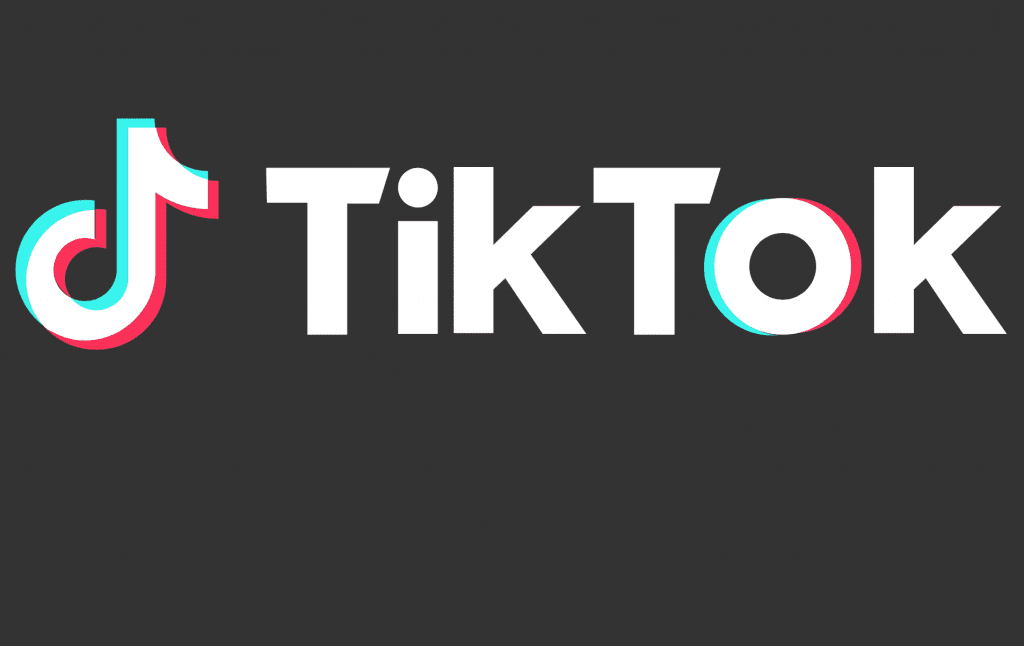At the heart of the majority of short videos posted to TikTok is music – whether it be dances choreographed to Megan Thee Stallion’s 2020 hit “Savage” or the Ilkan Gunuc Remix of Lalala, which coincides with a specific breed of emoji challenge videos. The problem, according to at least one major music trade body? TikTok and its parent company, Beijing-based Bytedance, has allegedly failed to secure adequate licenses for the songs being used in videos by its 800 million users worldwide.
With that in mind, and given that an estimated 50 percent of the music featured in TikTok videos is unlicensed, David Israelite, chief executive of the National Music Publishers Association (“NMPA”), told the Financial Times in April that a major copyright infringement lawsuit was a “likely future step.”
For the uninitiated, TikTok is a social networking service that allows users to create and share short videos featuring dances, lip-sync performances, and funny skits, often set to music. First founded in China in 2012, and launched worldwide in 2018, TikTok quickly became the most downloaded app on the App Store in 2018 and 2019. The platform has been credited with helping break new artists and has been cited as a major factor in making Old Town Road by Lil Nas X one of the biggest songs of 2019.
But despite the app’s star-making potential, rights holders argue that TikTok does not have appropriate licenses in place to cover the use of music featured in videos on its platform.
For instance, Universal Music, the world’s largest record label and a member of NMPA, has been in licensing negotiations with TikTok for the past year, but the parties have failed to reach an agreement. Universal Music is seeking payment for retrospective royalties in any licensing deal. It had set a deadline of the weekend April 5, 2020 for TikTok to respond to its proposal. The outcome is not yet known, but the Financial Times reported recently, citing sources, that Universal “is weighing legal action if TikTok does not respond.”
As April, “Universal Music’s publishing arm did not have any licensing agreement in place with TikTok,” according to the FT, which “means that Universal’s songwriters, which includes Billie Eilish, Lady Gaga, Elton John and Taylor Swift, do not get paid royalties when their songs are inserted into TikTok videos.”
Meanwhile, in Europe, various digital music rights organizations have been negotiating license terms with TikTok on behalf of songwriters, composers and publishers they represent, with at least one of those instances resulting in legal action and ultimately, arbitration. Late last year, ICE Services – a music licensing joint venture representing the digital music rights of entities in the United Kingdom, Germany, and Sweden – reached an agreement with TikTok, revealing that the not-yet-publicly revealed arbitration outcome would be applied retrospectively to cover earlier, unauthorized use of its members’ music on the TikTok platform.
Beyond qualms of music rights, TikTok has also faced strife over the rampant copying of choreography by individuals on its heavily-used platform. The steps that make up the wildly popular “Renegade” dance, for instance, which was created by a 14-year old girl named Jalaiah Harmon, who posted a video of herself doing the dance on Tiktok in September 2019. The dance exploded and everyone from music mega-star Lizzo to Kourtney Kardashian posted videos of themselves doing the dance, albeit without crediting Harmon as the creator. (As the copyright buffs amongst us known, if there is, in fact, copyright protection at play here for Harmon, crediting her in lieu of getting authorization to use the choreography is not a shield from infringement liability).
The instance raised questions about copyright protections for choreography, which proved to be timely given that earlier in 2019, the U.S. Copyright refused to register the famed “Carlton” dance that Alfonso Ribeiro, better known as Carlton Banks from the sitcom The Fresh Prince of Bel-Air, created and debuted during a 1991 episode of the show. In its February 2019 decision to reject Ribeiro’s application for the choreography behind the dance, the Copyright Office stated that the “Carlton” dance was not registrable as a choreographic work because it “is a simple dance routine.”
“The Copyright Office defines choreography as ‘the composition and arrangement of a related series of dance movements and patterns organized into an integrated, coherent and expressive whole,” according to Manatt Phelps & Phillips’s Jeffrey S. Edelstein. “Since choreography is a subset of dance, the Copyright Office will register a choreographic work only if it contains a sufficient amount of choreographic authorship.”
That was not the case for the “Carlton,” according to the national copyright body, further noting that social dances and simple routines are not “choreographic works” subject to Copyright Act protection.
Such reasoning almost certainly carries over to many of the dances that have gone viral on TikTok, making fury over allegedly stolen dances a fight for the court of public opinion and not the court room. TikTok has, nonetheless, beared the brunt of at least some of the fury.
Unlike in the instances of copycat dances, it appears that TikTok will likely be taken to task – legally – when it comes to the unauthorized uses of music.
Claire Chalmers is an intellectual property lawyer at Marks & Clerk, who advises clients on trade marks, passing off, design rights and copyright matters. (Edits/additions courtesy of TFL).











